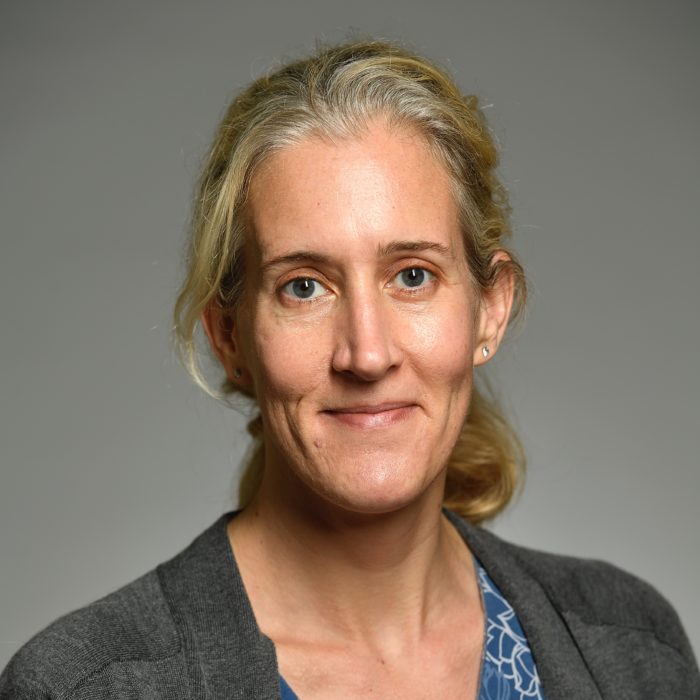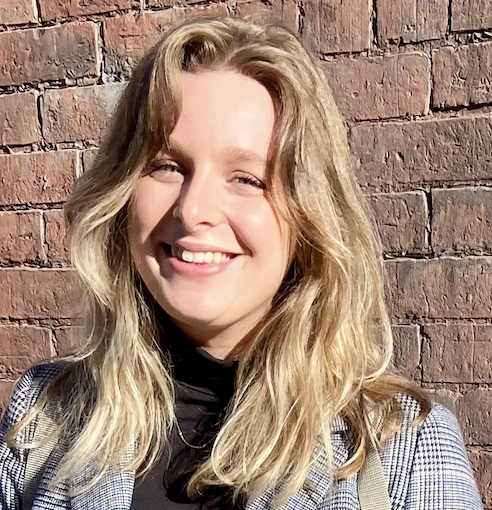Group-Based Psychedelic Integration Communities
Presenters: Katherine Cheung (presenter); David Yaden; Edward Jacobs; Caleigh Propes
Abstract: Psychedelics, 5-HT2A agonists such as psilocybin and LSD, are currently being studied for their potential therapeutic benefits, their ability to enhance wellbeing, and their immediate and long-term risks. However, given the intensity of the experience and the possibility of difficult or persisting effects, some have called for enhanced integration in the community. Psychedelic research settings have also been seeing calls for community initiatives and peer support post-trial, as the protocol-defined number of integrative psychotherapy sessions may be insufficient for some to make sense of their experiences.
In parallel, numerous companies and organizations have developed online or in-person psychedelic integration groups and services. These groups can often be readily found online by individuals or by word of mouth on forums such as Reddit. Individuals may seek out such groups for many reasons: in particular, in response to feelings of loneliness or connection or a desire for a psychedelic community, especially if their friends and family may be psychedelic-naive.
Here, we aim to assess (1) the role that community integration groups might play in the psychedelic care ecosystem, (2) the value that individuals might derive from being part of such a group, and (3) the benefits and risks for physicians and researchers to refer or recommend an integration group to patients. In particular, we canvass risks such as belief-shaping, the possibility of cult-like dynamics, and inadequate preparation: benefits may include a space of shared identity and the sharing of integration strategies.











